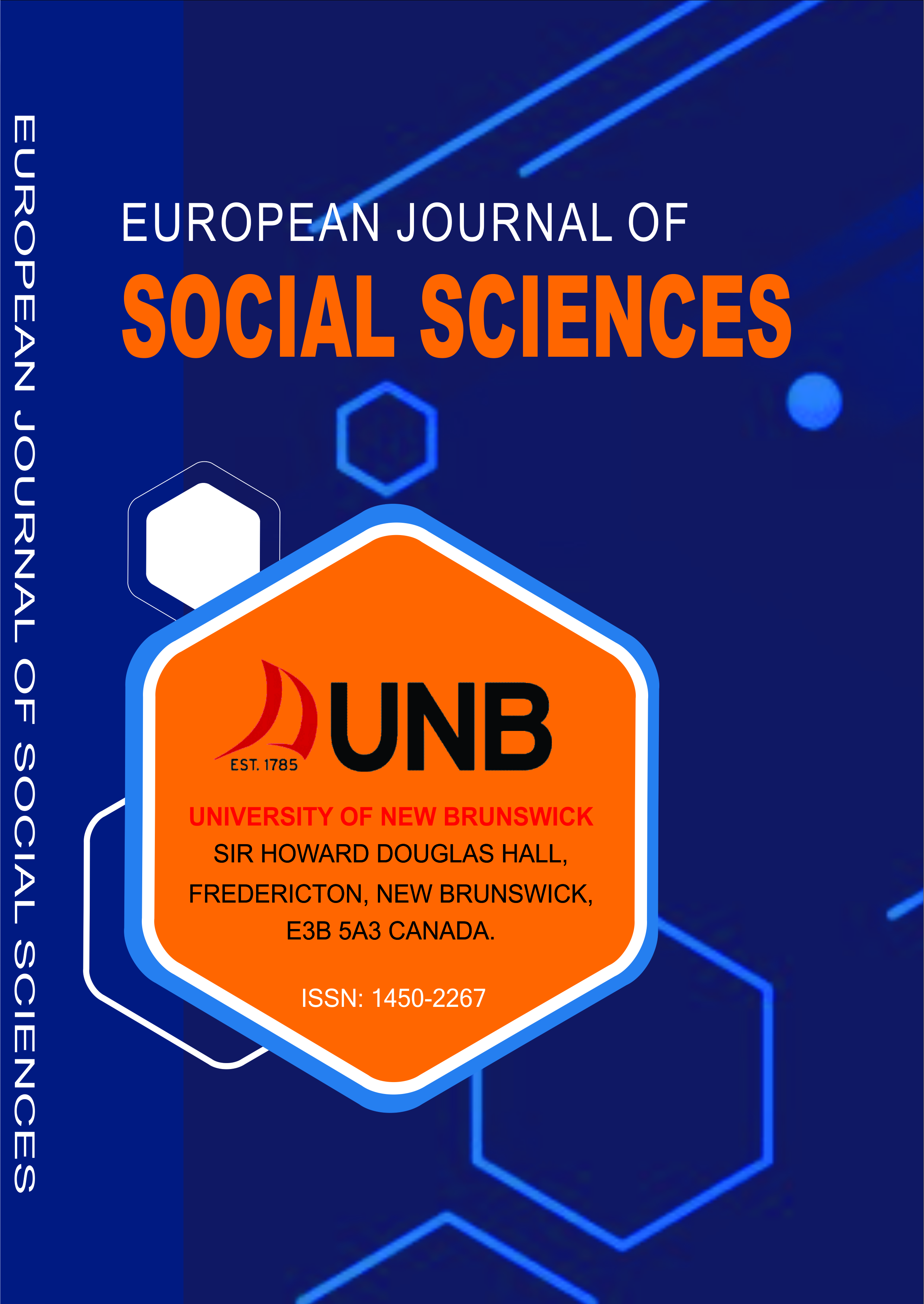EUROPEAN JOURNAL OF SOCIAL SCIENCES (EJSS)
Study of Debate around the Maratha Reservation
E-ISSN: 4899-5667
P-ISSN: 1450-2267
DOI: https://iigdpublishers.com/journals/169
Today India is constituted to be the one of the fastest developing countries of the world. The Transition from underdeveloped to a developing country has its own problems and limitations. The social discrimination can be seen in India. Hence, to solve the problem of this discrimination, India had made reservation policy. Still after 70 years of independence, the question of reservation to various communities for social justice and equality is making the people of to recall the debates on reservation once again. There are protests going in many states of India, demanding the reservation. Similar kind of demand of reservation by Maratha Community in Maharashtra is seen current situation. Maratha Reservation has once again given rise to debate on reservation policy of India. Over a past few months, Maharashtra witnessed a number of agitations demanding the reservations for Maratha Community under the OBC (Other Backward Classes) quota. There is need to study the demand for reservation by Maratha community and take opinion of the both the people of the society Maratha and Non- Maratha. The Maratha community enjoyed the social status with Brahmin in the history of Maharashtra. The debate on Maratha reservation have given rise to many questions, like why this the demand of reservation come into existence after 60 years to reservation given other community, is there any political influence or the influence of the people who are against the reservation. The research paper will try to understand history of the debate what are the basis of this demand and what are the opposing arguments made by those who are arguing against the Maratha Reservation. It will provide a clear picture of the debate going on about the Maratha reservation. It is very important in order to see, is there real need of reservation to this community or it is just a demand which is done by influencing this people by some other institution like Political institution or the Brahmanical forces, in order to gain the profits from it. The research was an exploratory research. Both primary and secondary data was collected for the study. Books, magazines and research papers, daily regional newspapers, websites, government gazettes were the main sources for the secondary data. The primary data was collected by using quantitative methods of data collection. It includes interviews of the people from Maratha Community and Non Maratha Community and those who took initiative in the movement of demand for reservation to Maratha Community in Akola City. Conclusion or say findings of research was that no proper research was done by government before giving(announcing) the reservation, the politicians were well aware of the limits that Supreme Court will put stay and there were also aware of the fact there is ceiling of 50% reservation for the State. Many commissions had already said that Maratha community doesn’t come under backward caste category and it is forward caste.
Vinay Damodar PhD
Chalam, K. S. (2007). Caste-based reservations and human development in India. SAGE Publications.
India. Datar, A., & Ghotale, V. (2013). Maharashtra Cabinets: Social and Regional Profile, 1960-2010. Economic and Political Weekly, 37-42.
Fuller, C. J. (1986). Competing Equalities: Law and the Backward Classes in India.
Gaiyakwad, Vishwambhar (2014): Maratha Aarakshan : Vastayva Va Apeksha(Navbharat Magzine).
Kumar, M. (2009). Reservations for marathas in maharashtra. Economic and Political Weekly, 10-12.
Palshikar, S. (2014). Maharashtra Assembly Elections: Farewell to Maratha Politics?. Economic and Political Weekly, 10-13.
